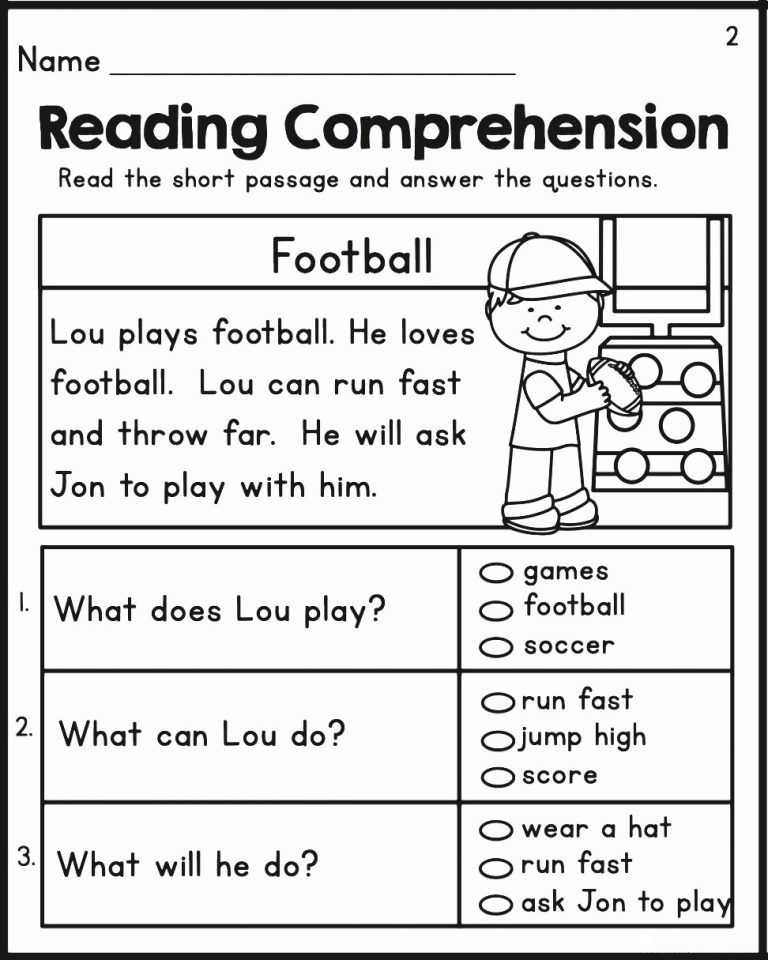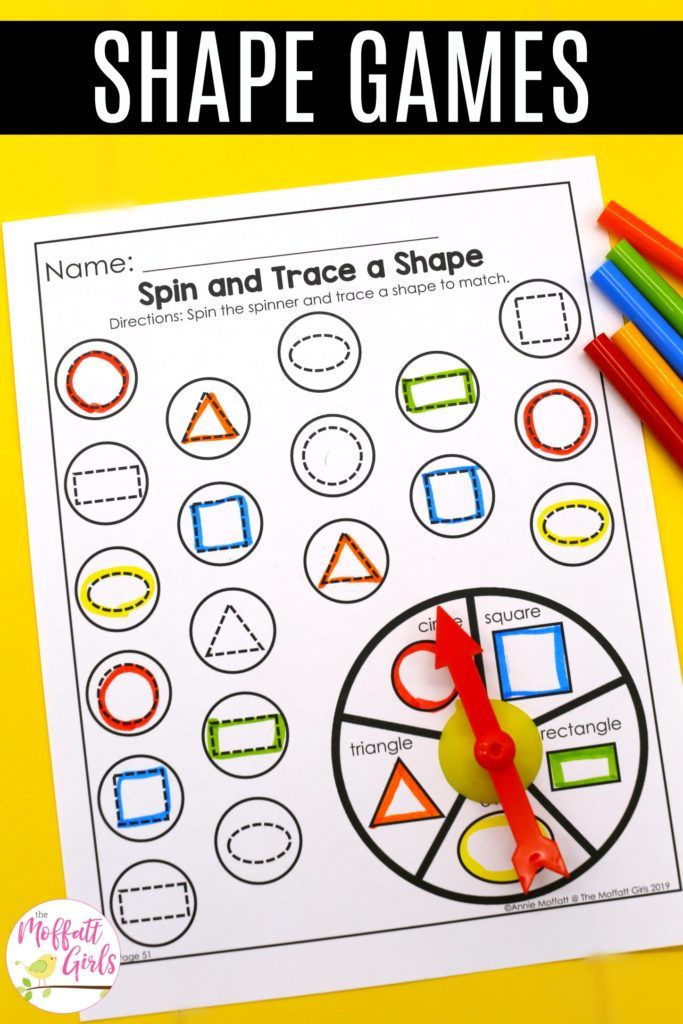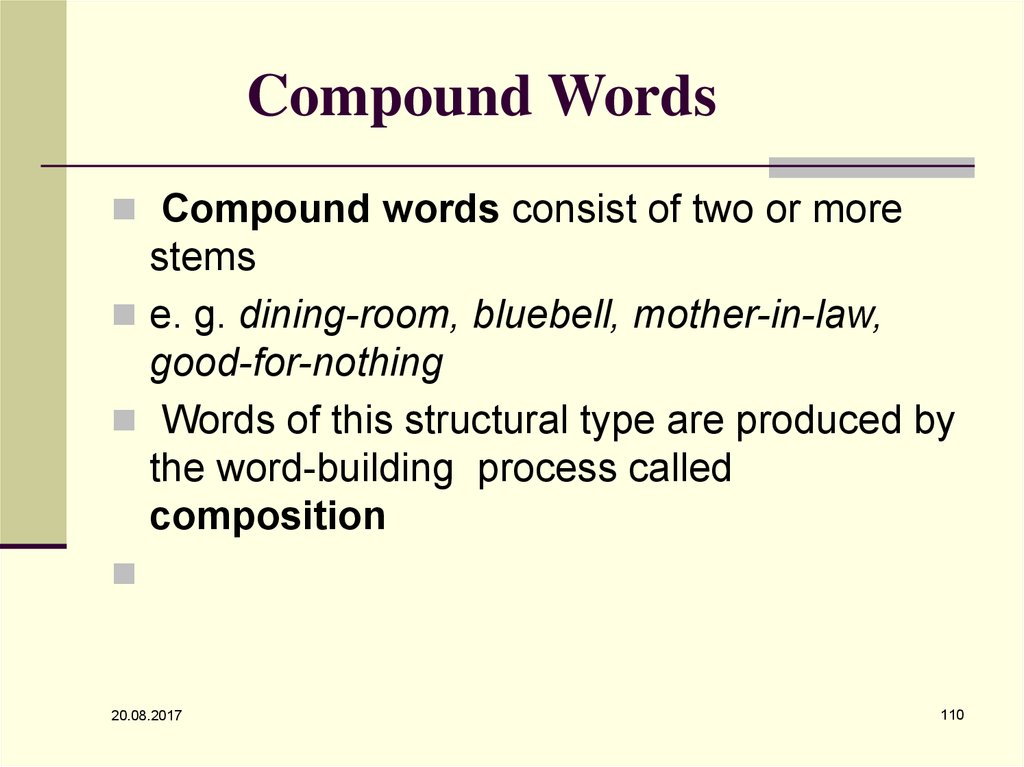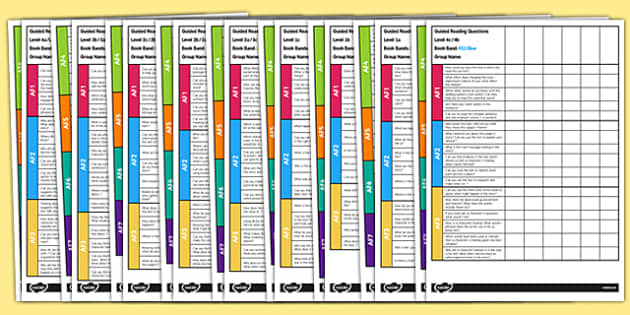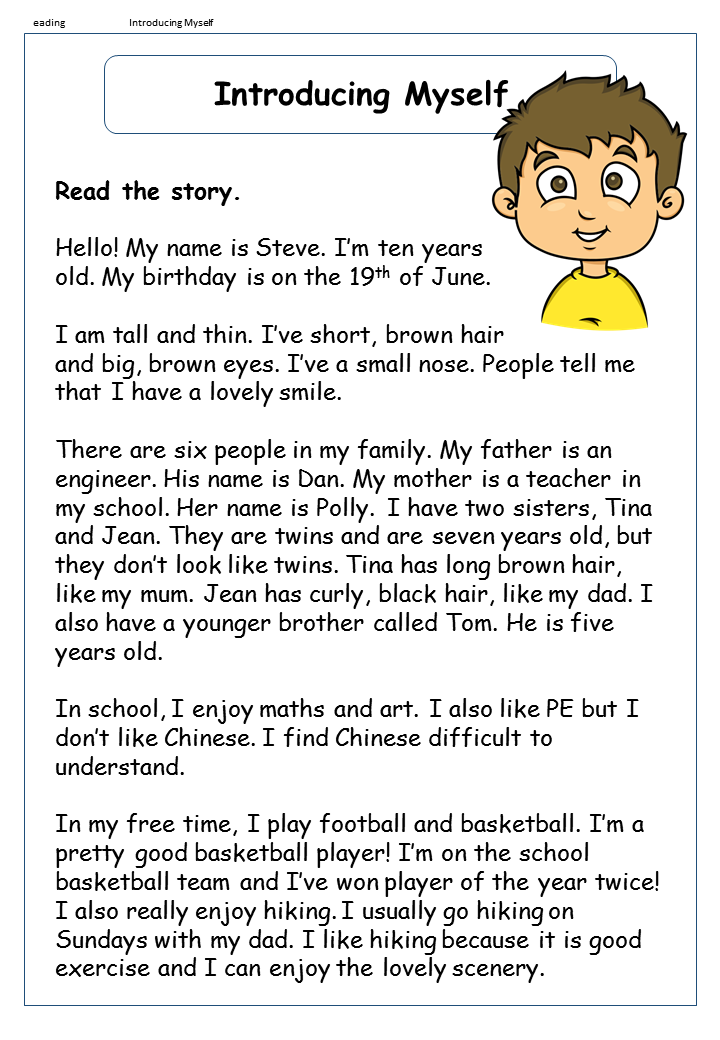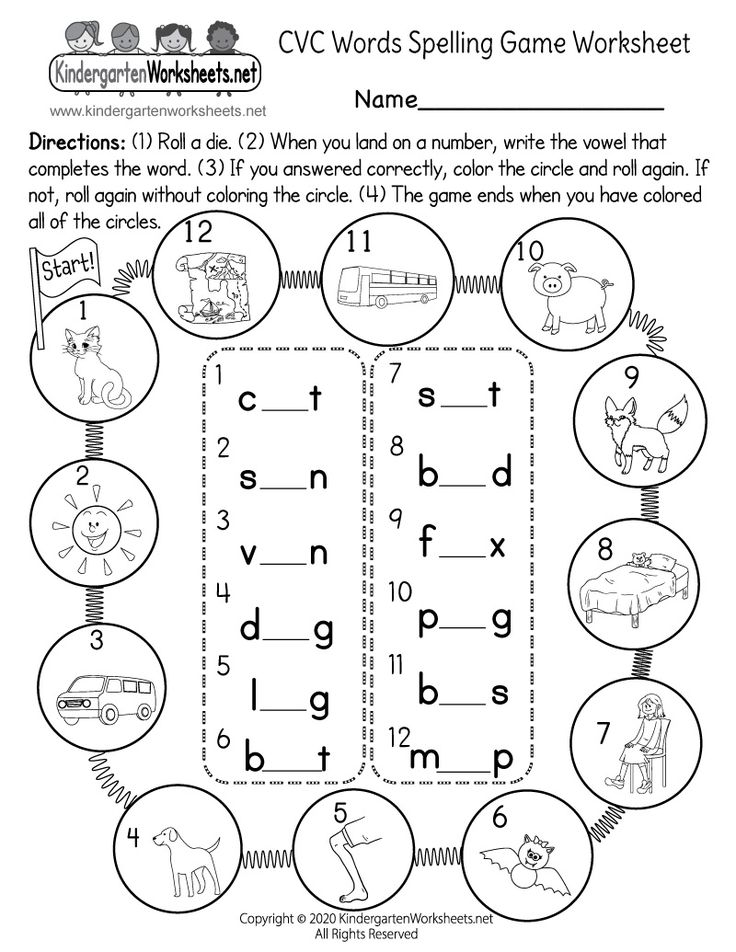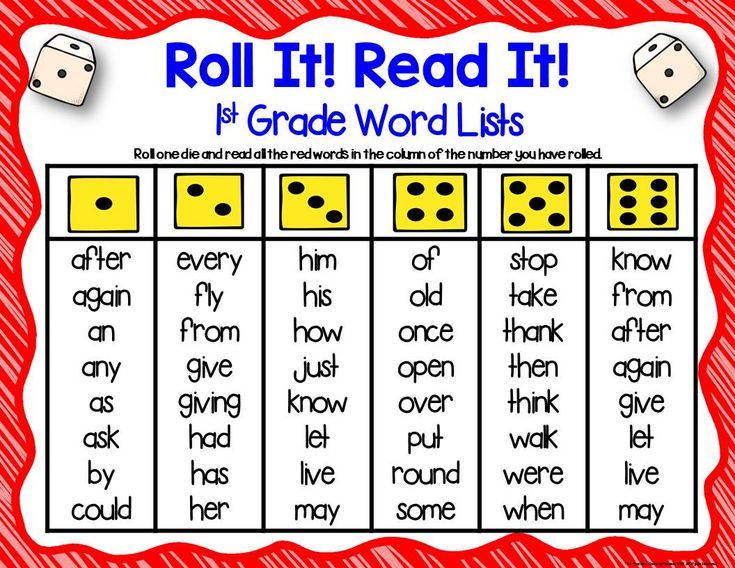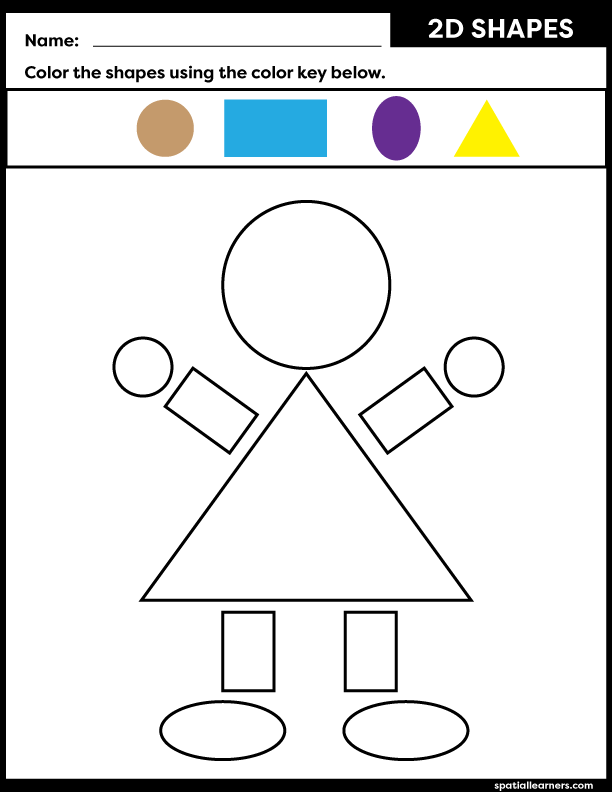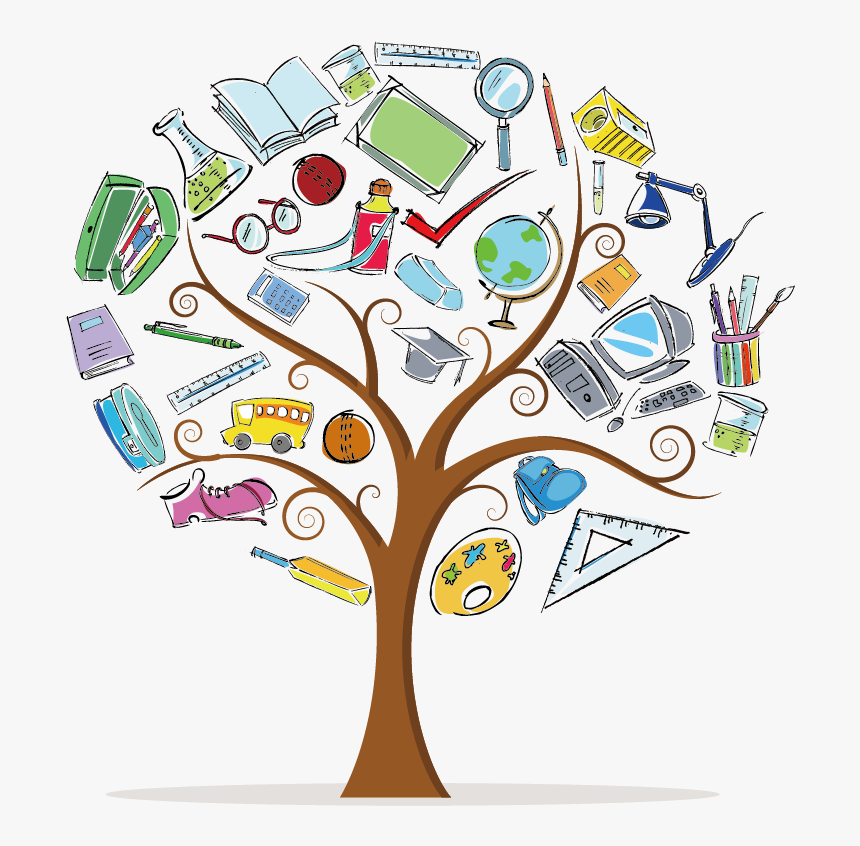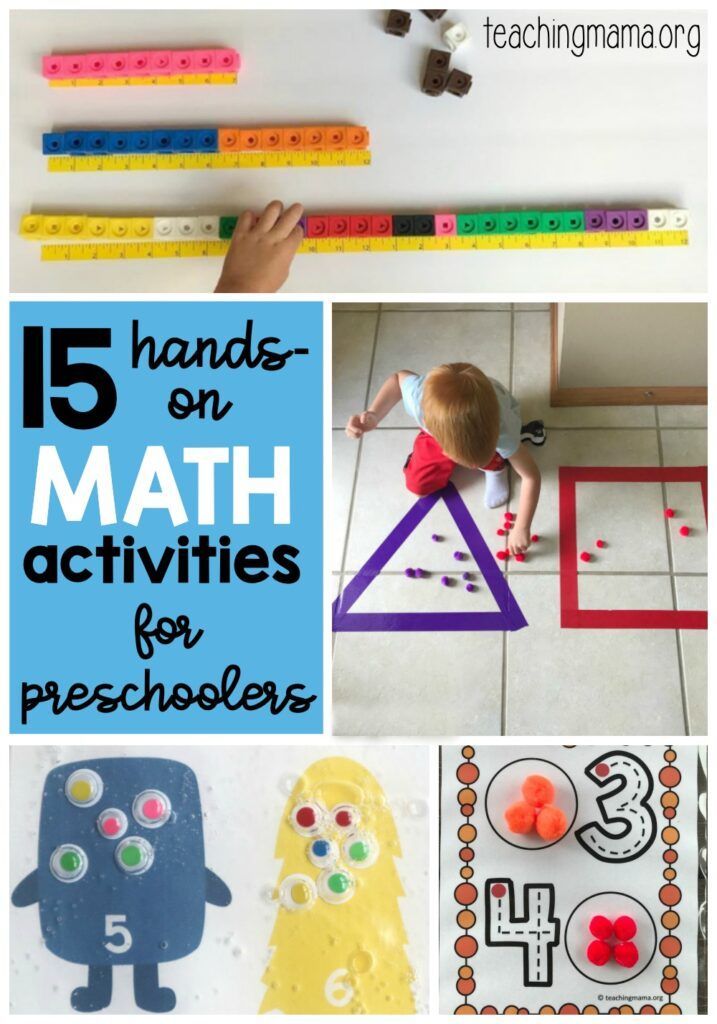Games to help reading
7 Best Literacy-Boosting Board Games
Would you like to spend more time together with your family? Do you want your kids to build their literacy skills? You can actually achieve both goals with these family board games.
1. Tall Tales: The Game of Infinite Storytelling
Ages: 4+
There are several ways to play this storytelling game. My family likes the tell-a-group-story method. Players randomly select a few of the playing pieces and then one scene card is turned over. Each player takes a turn adding to the story, integrating one of their playing pieces into the story each time. The stories get very creative and silly.
Tip: Use the game pieces to create a writing experience. Have your child randomly select three icon pieces and turn over one scenery card. Then, have your child write a story based on the objects and scene selected.
2. Sequence Letters
Ages: 4+ (best for kids who need to work on letter sounds and beginning sounds)
This game is part strategy and part letter sound identification. Players have to match pictures of objects with beginning letter sound cards. For example, if you have a "V" card you cover the volcano picture with a chip. The goal is to cover five spaces in a row to win.
Tip: Challenge your kids to think of other words that begin with each letter sound. See how many words can be named in 30 seconds; each player scores points for each correct word. This allows for two winners in each game.
3. Hedbanz
Ages: 7+ (younger verbal kids too)
Hedbanz is a game that will generate lots of laughs. Each player wears a card on their headband and asks yes/no questions to determine the pictured object. The key is to guess the answer in as few questions as possible.
Tip: This is a great game to use with kids who have speech and language challenges. They will work on formulating questions and picking specific vocabulary.
4. Boggle
Ages: 8+
Playing Boggle takes me back to my childhood.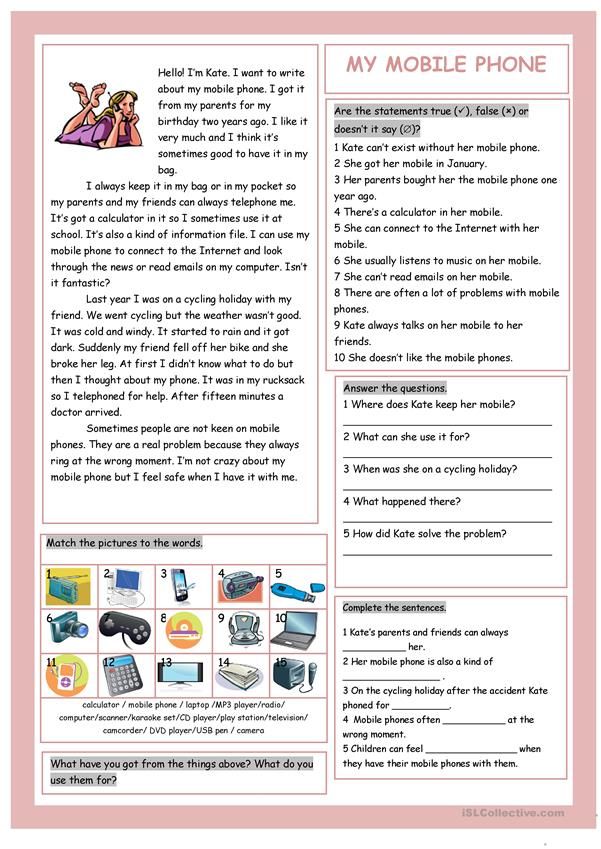 I vividly remember the sound of letter cubes shaking around in the plastic box. If your kids like word searches, then Boggle is their game. Shake the letters and see how many words can be found in a short of amount of time. The real challenge is finding words that other players don't spot. Shake and repeat.
I vividly remember the sound of letter cubes shaking around in the plastic box. If your kids like word searches, then Boggle is their game. Shake the letters and see how many words can be found in a short of amount of time. The real challenge is finding words that other players don't spot. Shake and repeat.
Tip: Challenge your family to learn two new words each game. It might be fun to focus on words with same prefix or suffix and talk about how the words are related.
5. Scrabble
Ages: 8+
For most, the first word game that comes to mind is Scrabble. The game has been around since the 1940s. The neat thing about this word-building game is that it also builds math skills. Players strategize high point letter tiles to use on the board in just the right places.
Tip: Try Bananagrams, Wordical, or Quiddler which are all spinoffs of the classic Scrabble game.
6. Read My List!
Ages: 8+
Read My List! is another game that has multiple variations.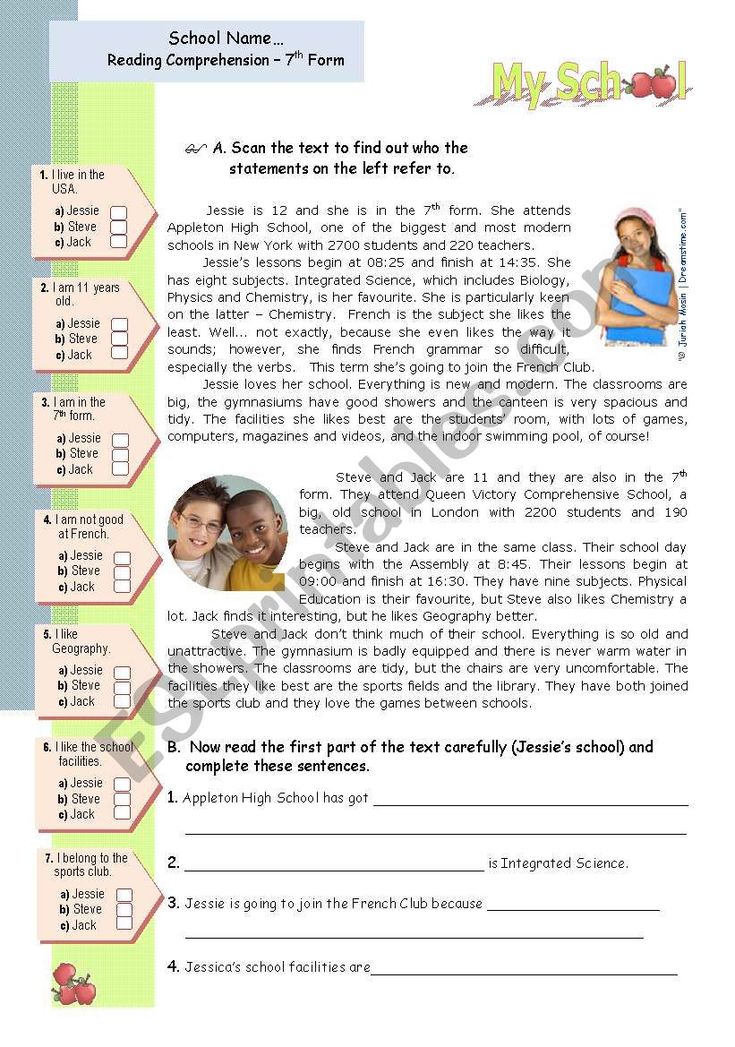 You can play a round where you list as many words you can think of to fit into a certain category. Another variation is to listen to a list of things and then guess the category. Finally, players can do a lightning round where they compete back and forth to name items in a category until someone gets stumped.
You can play a round where you list as many words you can think of to fit into a certain category. Another variation is to listen to a list of things and then guess the category. Finally, players can do a lightning round where they compete back and forth to name items in a category until someone gets stumped.
Tip: To include younger children, play without racing each other. The lightning round and list rounds would be appropriate for children over age four.
7. Apples to Apples Junior
Ages: 9+ (younger strong readers could also play)
My personal favorite on this list is Apples to Apples Junior. There are two stacks of cards. The green set contains descriptive words such as kind, cool, and bold. The red set contains people, places, things, and events. Each round, players choose the best red card from their hand to compliment the green card word. The judge selects the favorite played card as the winner of the round.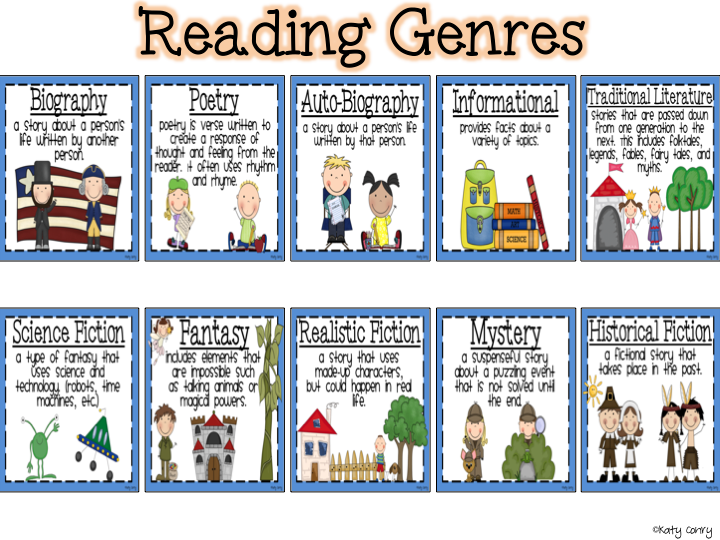
Tip: Use the blank cards that come with the game to add vocabulary words your kids are currently studying.
Have fun building literacy skills and enjoying time with your family with one of these games.
Six Games for Reading | Reading Rockets
Here are six games parents or tutors can use to help young readers practice word recognition, spelling patterns, and letter-sound knowledge. When planning to play one of these games, choose words to use from books the child is reading or has read recently. The games should also be chosen or designed to promote the child's sense of competence and success.
1. Concentration
To make
Select five to ten words from a book (or books) the child is reading. Print each word clearly and boldly on separate 3x5 inch index cards, making pairs of each word. (The child may be able to help you by copying the words you write.)
To play
Shuffle the cards and place them face down in neat rows. Take turns turning up two cards at a time and reading the words aloud.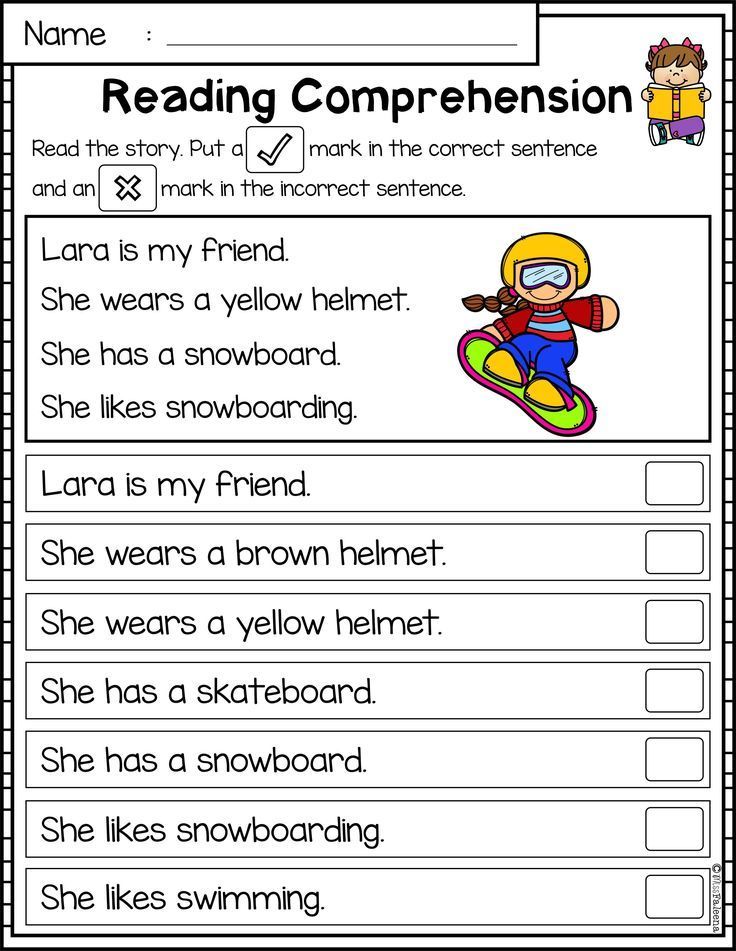 If the two cards match, the player keeps them and takes a second turn. If they do not match, the cards are replaced face down and the next player takes a turn. Play until all the cards are matched. The player with the most pairs wins. If the child has trouble recognizing a word, say the word — do not ask the child to "sound out" the word. The purpose of this game is to build automatic recognition of whole words.
If the two cards match, the player keeps them and takes a second turn. If they do not match, the cards are replaced face down and the next player takes a turn. Play until all the cards are matched. The player with the most pairs wins. If the child has trouble recognizing a word, say the word — do not ask the child to "sound out" the word. The purpose of this game is to build automatic recognition of whole words.
You can control the difficulty of the game by the choice and number of words used: for very beginning readers, choose meaningful words that are visually distinctive: "ghost", "dark", "sister", and keep the number of words low. For a more challenging game, include some words that are less distinctive: "when", "what", "this", "that", but be careful not to overwhelm the child.
Variation 1
Instead of matching pairs, you can use rhyming pairs: look, book; dark, park.
Variation 2
This game can also be used to build letter recognition and letter/sound association. Paste or draw simple pictures on one set of cards; and on the other set, print initial consonants to go with the pictures. For example, paste the picture of a dog on one card, and write the letter "D" on a matching card.
Paste or draw simple pictures on one set of cards; and on the other set, print initial consonants to go with the pictures. For example, paste the picture of a dog on one card, and write the letter "D" on a matching card.
Note: This game can be adapted to use with older children, or more advanced readers: variations can include vocabulary practice such as using homonyms, (words that sound alike but are spelled differently and have different meanings: cent/scent; dear/deer, etc.) or contractions, (can't; cannot, etc.).
Back to Top
2. Go fish
This game is good for early fluent to fluent readers.
To make
Select ten to 20 words from a book (or books) the child is reading. Print the words clearly and boldly on separate 3x5 inch index cards, making pairs of each word. (Children may help by copying the words you write.) Two to four players can play this game.
To play
Shuffle and deal three to five cards to each player. Place the rest of the deck face down.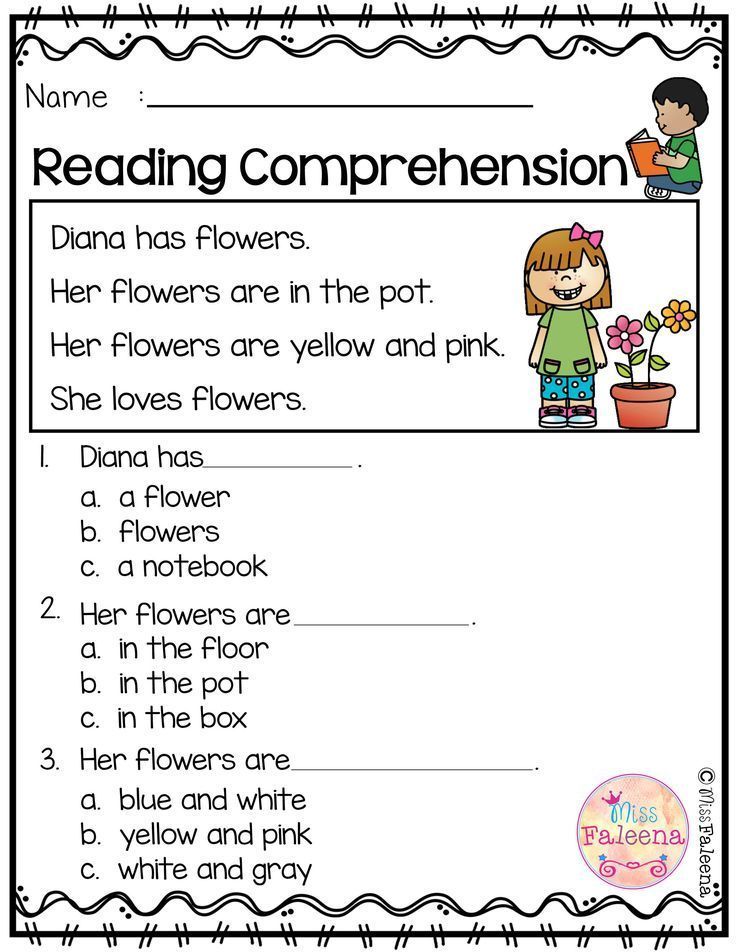 Players take turns asking each other for a card to match one held in his or her hand. If the opponent has a matching card, it is given over, and the first player takes another turn. If the opponent does not have a match, he or she says "Go Fish" and the player draws from the remaining deck of cards, and the next player takes a turn. Each time a player has a match, he or she reads the words, and puts down the pair, face up. Continue the game until the cards are all used up.
Players take turns asking each other for a card to match one held in his or her hand. If the opponent has a matching card, it is given over, and the first player takes another turn. If the opponent does not have a match, he or she says "Go Fish" and the player draws from the remaining deck of cards, and the next player takes a turn. Each time a player has a match, he or she reads the words, and puts down the pair, face up. Continue the game until the cards are all used up.
Instead of matching words, rhyming words can be used. In this case, players ask for "a word that sounds like 'night'..." At the end, the child can earn extra points by dictating or writing additional words that rhyme with the base words, or creating "silly" sentences using the rhymes.
Note: This game can be adapted to use with older children, or more advanced readers: variations can include vocabulary practice such as using homonyms (words that sound alike but are spelled differently and have different meanings: cent/scent; dear/deer, etc.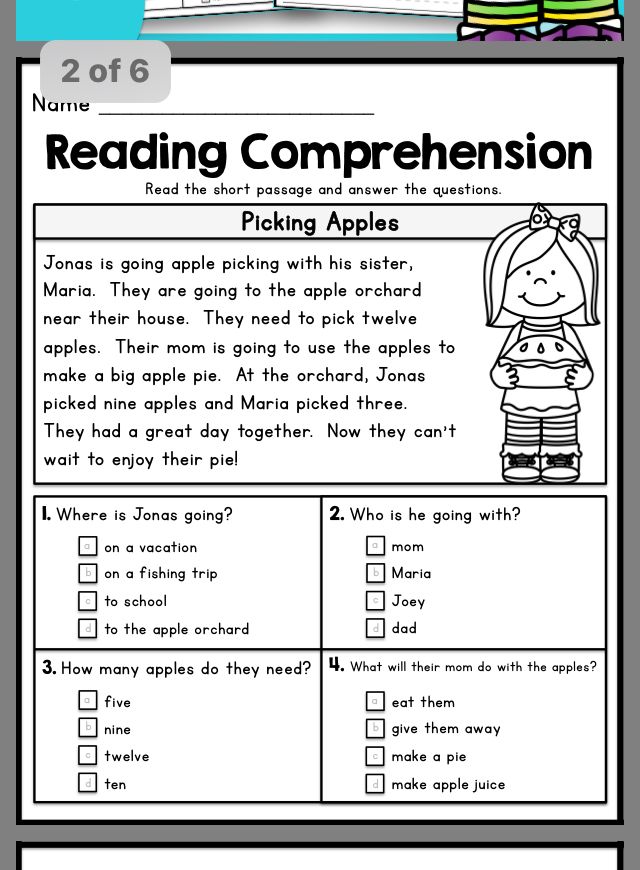 ), or contractions (can't; cannot, etc.).
), or contractions (can't; cannot, etc.).
Back to Top
3. Old maid
To make
Select three words per player from a book (or books) being read. Print them clearly and boldly on separate 3x5 inch index cards, making pairs of words. Choose one more word without a match that will be the winning card.
To play
Shuffle and deal three to six cards to each player. Players take turns drawing a card from a player to their left. If a player draws a card that matches one in his or her hand, he/she reads the two matching words in order to keep the pair. Play continues until all the cards are matched, except for the one odd card. The player who holds that card at the end wins the game.
Note: This game can be adapted to use with older children, or more advanced readers: variations can include vocabulary practice such as using homonyms (words that sound alike but are spelled differently and have different meanings: cent/scent; dear/deer, etc.), or contractions (can't; cannot, etc.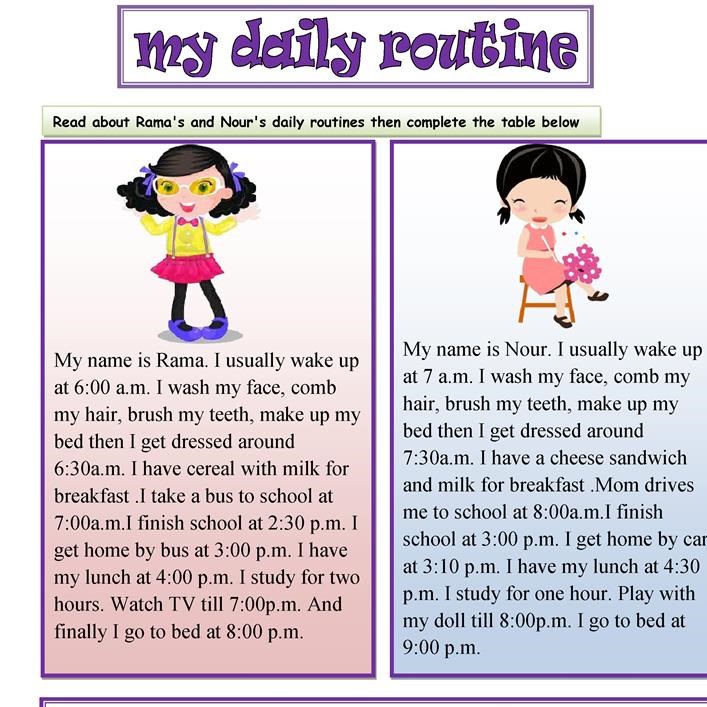 ).
).
Back to Top
4. Monopoly
This is a great game to help teach word family patterns and spelling patterns. This should be used with children who write fairly comfortably, usually second grade or older.
To make
Create a game board with four or five squares on each side. Prepare word cards with families of words that emerge from the child's reading: night, light, tight; went, bent, sent; hat, cat, bat. (For beginning readers or younger children, make sure the patterns are not too similar: mat, sat, rat; man, can, ran; met, set, bet.) Color code each word family and each side of the game board.
Place the words face up around the board in sets. To add to the element of chance, have other game directions on the board, such as "take another turn", "go back 2 spaces", etc. Prepare score sheets for each player with color-coded headings for each word family.
To play
Role dice or use a spinner to move around the board. Wherever a player lands he reads the word, then writes it in the appropriate "word family" category on the score sheet. Extra points can be earned by dictating or writing sentences with the rhyming words.
Extra points can be earned by dictating or writing sentences with the rhyming words.
Back to Top
5. Rhyming games
Play rhyming games to teach about the patterns in words. Try the following, for example, for words in the same family as the word black:
- Introduce a poem or rhyming story such as Miss Mary Mack:
Miss Mary Mack, Mack, Mack
all dressed in black, black, black
with silver buttons, buttons, buttons
up and down her back, back, back… - Encourage the child to point out words in books that have a similar spelling pattern as in black.
- Help the child think of other words that have this pattern. You may have to write a few words for him or her:
sack
pack
stackThen have the child read the whole word and underline the repeated part of the word, "ack."
- Using magnetic letters or Scrabble pieces, form a word with the "ack" pattern. Ask the student to change the first letter of the word (for example: 's' in sack) to make a new word, such as pack.
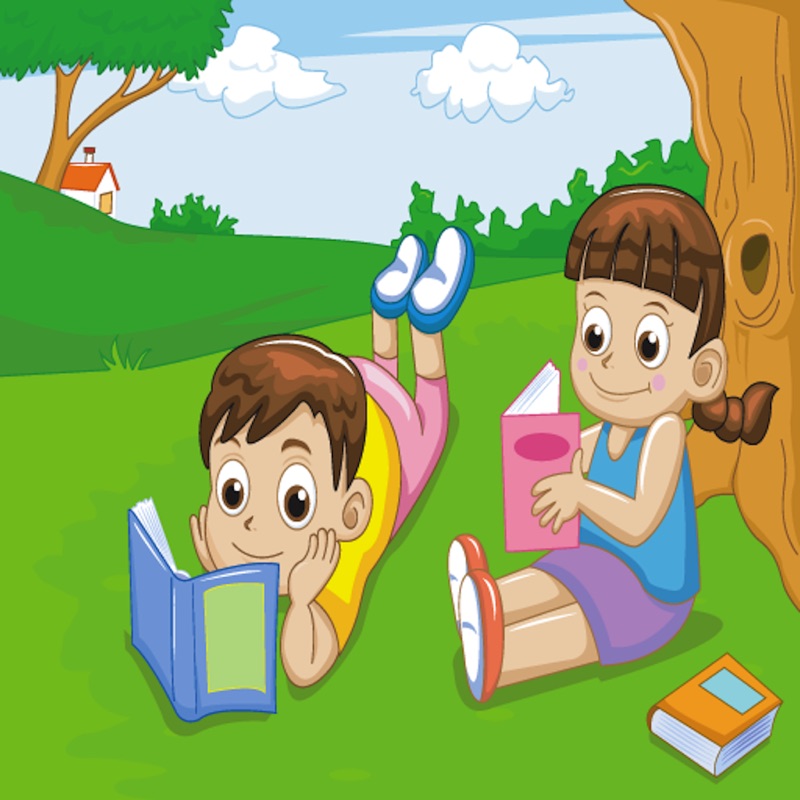 You should be sure to provide a limited number of letters (two or three at first) for the child to choose from.
You should be sure to provide a limited number of letters (two or three at first) for the child to choose from. - Remember to choose a word pattern that is useful and important to the student and that relates to something that he or she has read or will read. If possible, start with a word he or she already knows in the word family. After reading a book about being sad, for example, start with the word "cry" and then follow with "fry", "try", and "wry".
- Remember to review the word families you've chosen to work on periodically by playing some of the other games described above.
- Be sure to give the student a chance to go back to a book, poem, or other texts where he or she can apply this new reading skill. Poems, nursery rhymes, and jump rope jingles are a great resource for early readers.
Back to Top
6. Fishing for sounds
This is a game for emergent readers and writers.
To make
Find and cut out small pictures of familiar objects from magazines, old workbooks, catalogues. Try to find several pictures that start with the same letter, such as book, bed, basket, boy; snake, sun, skate, slide, etc. (The child can help; this is a good language activity too.)
Try to find several pictures that start with the same letter, such as book, bed, basket, boy; snake, sun, skate, slide, etc. (The child can help; this is a good language activity too.)
Cut out 12-15 fish shapes and paste or draw one picture on each fish.
On individual 3x5 inch index cards or on an 8x11 inch piece of paper or cardboard, print consonant letters with a key picture for each group of pictures found. (For example, print the letter "S" with the picture of a sun to represent all the words beginning with that letter.) (If using a sheet of paper, print only two or three letters per sheet.)
To play
Select two or three sets of fish pictures that start with the same letters and mix them up. Place face down on a table and take turns "going fishing." As each fish is turned over, the child names the picture and places it in the appropriate pile under the key letter / picture. When all the fish are caught and placed correctly, have the child "read" the pictures under each heading.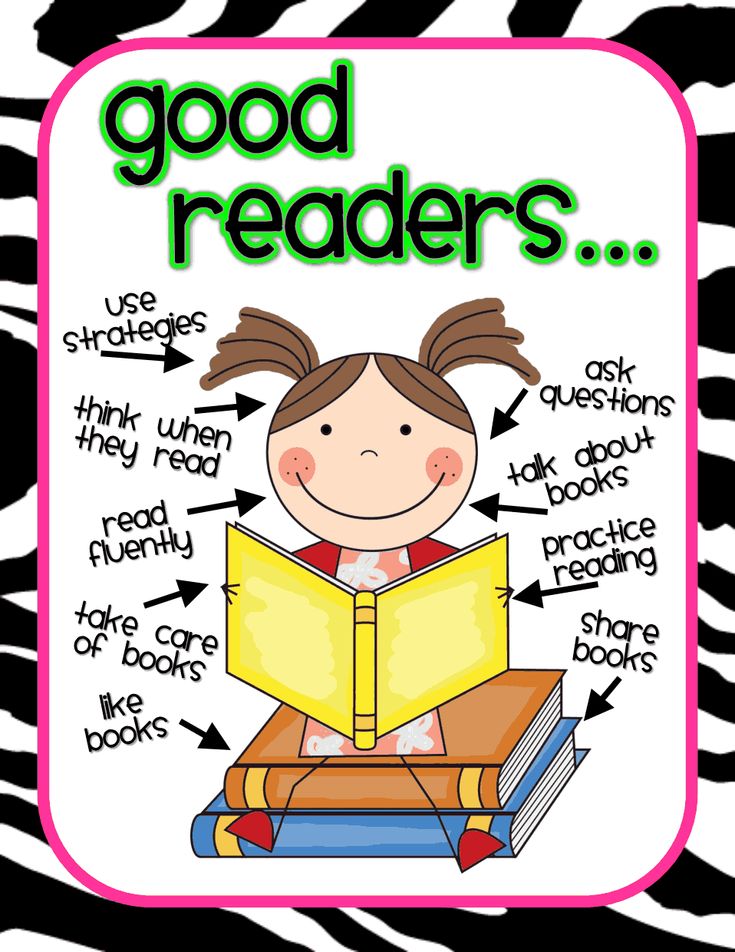 If necessary, read along with him or her, saying the letter name and stressing the initial sound of the word. "Yes, here are 'S' pictures: sssun, sssnake, sssaxophone."
If necessary, read along with him or her, saying the letter name and stressing the initial sound of the word. "Yes, here are 'S' pictures: sssun, sssnake, sssaxophone."
To add excitement, you can play as opponents, each player having one or two categories and key letter / pictures. Take turns fishing, and discard those fish that belong to the other player.
Back to Top
5 simple games that will teach your child to read with pleasure
“I don't know what to do! My child doesn't want to learn to read!" many mothers complain. Of course he doesn't! No one will be happy if they are forced to do something boring day after day: “Look, this is the letter “A”. Repeat! Ah-ah-ah-ah! And this is the letter "B". What letter is this?..” As a result, everyone is unhappy: the child who is waiting for all this to end, and the mother who laments, well, why doesn’t anything work out as it should! But in order to teach a child to read with pleasure, you need to show that this process can be creative, very exciting and fun.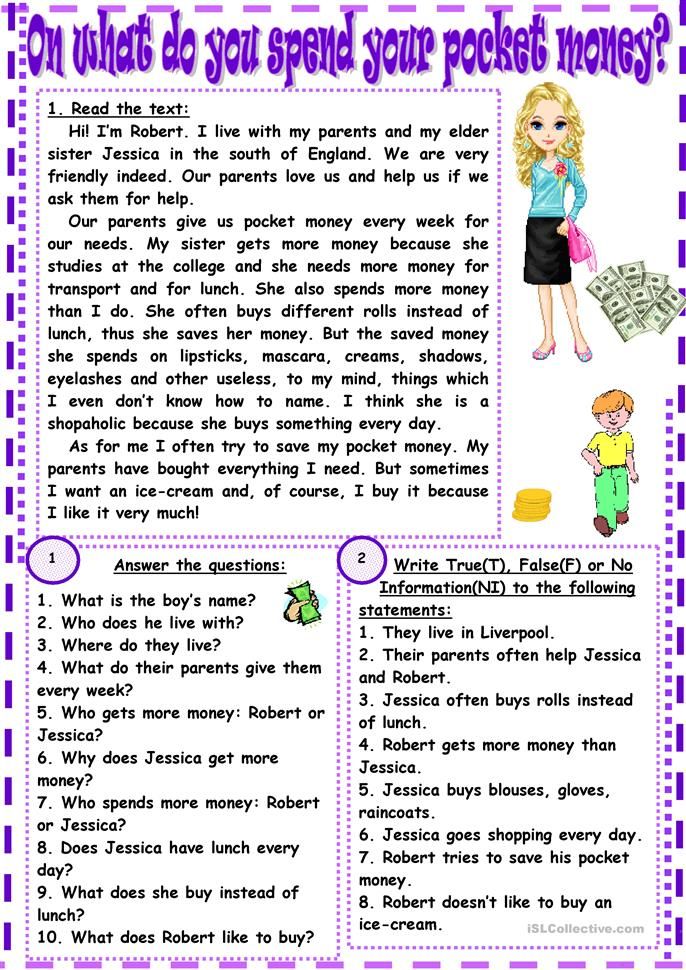 How to do it? Says the creative mother of two daughters, blogger Natalia Igonina.
How to do it? Says the creative mother of two daughters, blogger Natalia Igonina.
Natalia Igonina and her daughters Veronika and Valeria
The life of a small child is an amazing country full of discoveries and magic. In order not to ruin his desire to explore the world and learn something new, try to turn even the most boring activity into an exciting game. Those that I offer will not require any expensive materials and a lot of time. All you need is a creative mood and a desire to share your knowledge with a child. Try to do it with love.
Reading in capital letters
To make it interesting for your child to get acquainted with new letters, make a stencil for tactile-visual memorization together with him. On a sheet of A4 paper, draw a large letter that you are going to study. There are several options for how to play with such a stencil: you can lay out the surface of the letter with pebbles, shells, candies; paint the letter with a brush or fingers; make plasticine patches; roll massage balls along the contour of the letter or draw it on colored sand or semolina.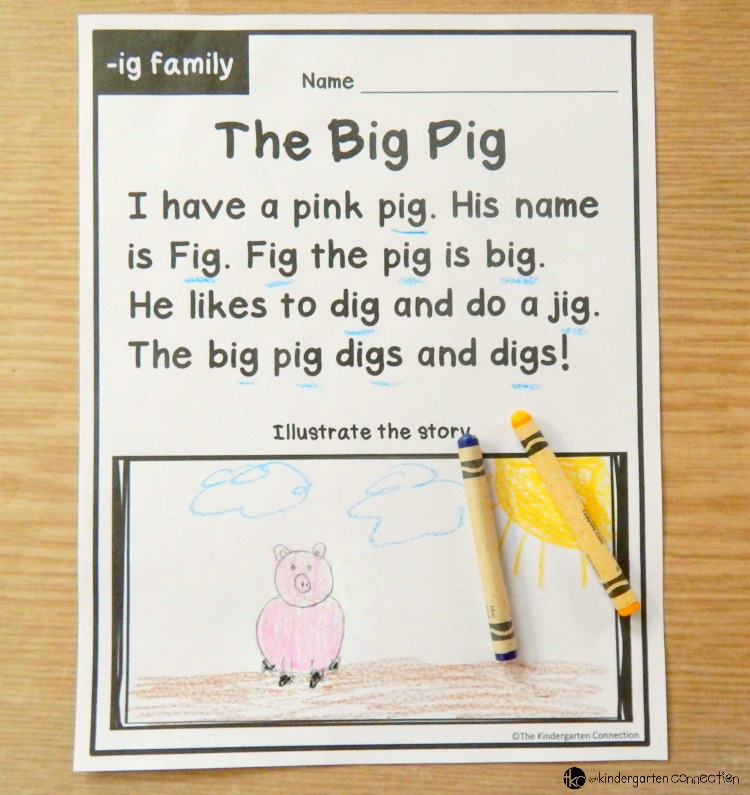 Start learning to read by getting to know the vowels, and then enter one consonant letter at a time and substitute it with the vowels to form the syllables "AM", "EM", "OH", "BA", "BE", "BI" and so on . Take your time, spend one day studying one letter.
Start learning to read by getting to know the vowels, and then enter one consonant letter at a time and substitute it with the vowels to form the syllables "AM", "EM", "OH", "BA", "BE", "BI" and so on . Take your time, spend one day studying one letter.
Making our own reading simulator
So, we learned all the letters, learned how to add syllables from them. Now let's show the child how to read by syllables. To do this, we need to make a compact simulator. It is not only mobile, but also universal, because with its help you can work out both open syllables (“MA”, “BA”) and closed ones (“AM”, “Hedgehog”). Take transparent caps from sour cream: 5 caps for consonants and 3 caps for vowels. There are 4 letters on each cover. Give the child the "consonant" and "vowel" parts of the simulator and show what happens if you combine them.
Reading by caps
When the child has mastered syllabic reading, offer him to read short words consisting of three letters. To make such activities interesting, make homemade cards that will help keep your child’s interest for a long time.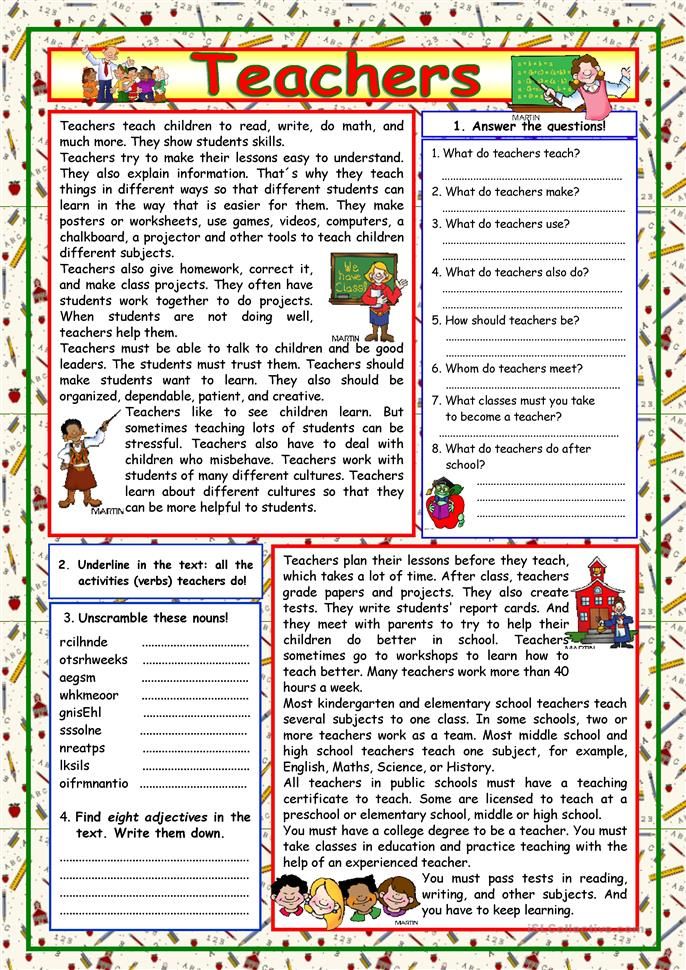 On a piece of paper, write the syllables "KO", "RA", "VO", "LA", "LE", as well as letter combinations with "windows", for example, Z_L, K_T, R_T, D_M. We will also need white lids from gouache or plastic bottles. Write the letters A, O, Y, K, L, W, Z, T on them with a permanent marker. Invite the child to substitute the caps for the syllables on a piece of paper and fill in the empty “windows” with them. What words did he get?
On a piece of paper, write the syllables "KO", "RA", "VO", "LA", "LE", as well as letter combinations with "windows", for example, Z_L, K_T, R_T, D_M. We will also need white lids from gouache or plastic bottles. Write the letters A, O, Y, K, L, W, Z, T on them with a permanent marker. Invite the child to substitute the caps for the syllables on a piece of paper and fill in the empty “windows” with them. What words did he get?
Learn to read quickly
To learn how to read fluently, you can play two exciting games that your child will definitely like.
Half word
Cut some cards out of paper. On each of them write words of different lengths and read them together with your child. Now cut each word in half and shuffle all the halves. Ask the child to take any half of the card and understand what the word is written on it. When the child understands the algorithm, feel free to switch to books. Take a ruler or paper strip and cover half of the word or sentence in the text with it. Invite them to read "at the top" of the words, and then at the bottom halves of the sentences. It is very exciting!
Invite them to read "at the top" of the words, and then at the bottom halves of the sentences. It is very exciting!
⠀⠀⠀⠀⠀⠀⠀⠀⠀
Lost Letters
Take a paper strip and cover the end of the words in the book with it and ask the child to read them in full. When the baby has mastered this exercise, you can complicate the task a little and close the letters in the middle of the word. ⠀⠀⠀⠀
Learning to read attentively
If you have old newspapers or magazines, completed developmental manuals and drafts, then you can offer children such a mindfulness game. Name any letter of the alphabet and ask the child to find and color (cross out, circle, underline) it in the text. Further, the task can be complicated, for example, cross out each letter "A" and circle each letter "R". Such a game not only helps to remember the spelling of all the letters of the alphabet, but also develops attention, concentration and perseverance. ⠀
I hope that these games will help turn any activity into an exciting game that the child will want to return to again and again, inventing something new!
Read also:
10 secrets of parents whose children love to read
6 reasons why our children do not like to read
Video: personal archive of Natalia Igonina
⠀⠀⠀⠀
schoolchildrenreadinggames
Board games to help you master reading: first Az da Buki, and then science!
Reading is the best teaching.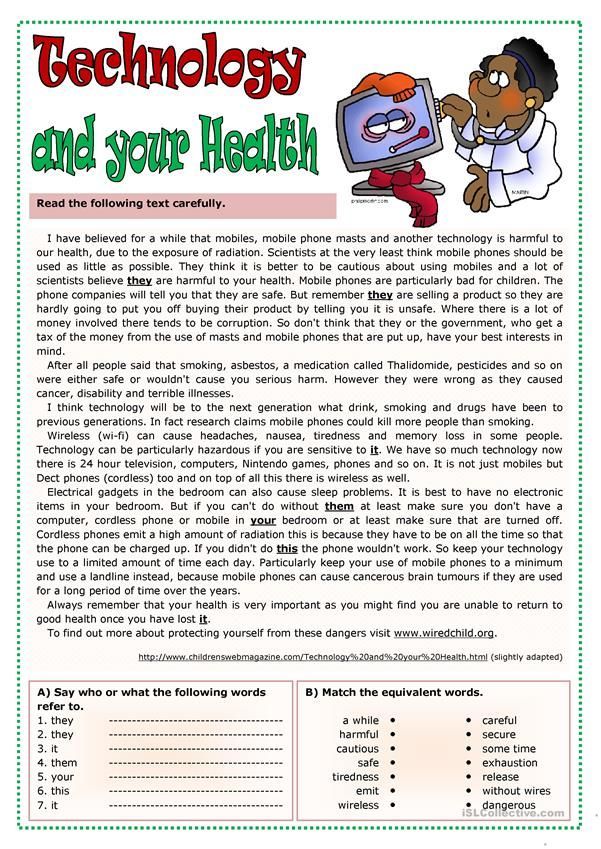
A. S. Pushkin
The ability to read is one of the most important communication skills a person needs . From childhood, the child studies the world around him, learns a lot of new and interesting things. Books, tablets, computers and the internet all use text. In ancient times, few people who could read and write were respected in society, but in the modern world, reading skills are vital.
Unfortunately, learning letters, syllables and making words out of them can be a boring and uninteresting task for a small student. Remember the cheerful long-nosed Pinocchio, who easily exchanged his ABC for entertainment! What to do? Caring parents come to the aid of educational board games for children, which Igroved will tell about today.
Children's educational games with letters.
How the ABC begins… Of course, with letters! A variety of symbols, when skillfully written, form words, words form sentences, and sentences merge into an interesting text.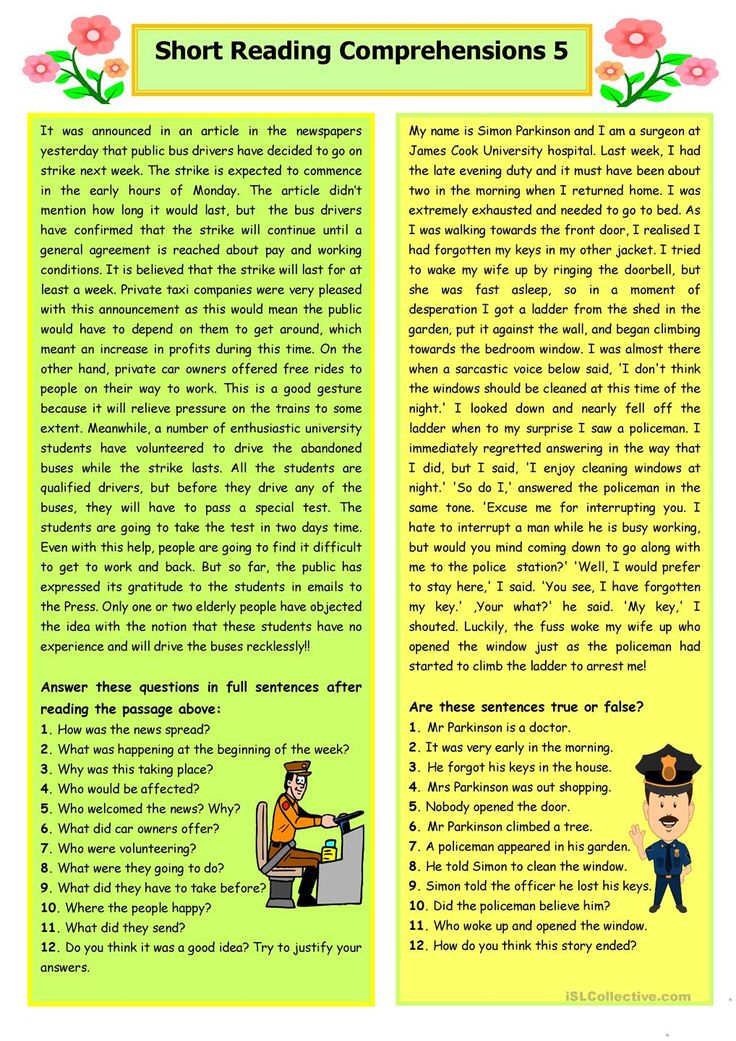 Displaying letters on a piece of paper for children is quite often difficult, so board games for children contain plastic and cardboard letters, as well as special fields with clues.
Displaying letters on a piece of paper for children is quite often difficult, so board games for children contain plastic and cardboard letters, as well as special fields with clues.
Erudite Friendly letters
Board game Scrabble Friendly letters. All children love fairy tales, so a lesson in a playful way using fairy tale characters will definitely be a success with a child. A developing children's game will help to organize this lesson, in which the guys will go to the country of Bukovka. Several interchangeable fields set different tasks for the players: children will understand the principles of dividing letters into vowels and consonants, learn to look for sounds in words composed on the field, compose words from chips and read them. With the help of "Friendly letters" it is easy and fun to teach children to read.
Since preparation for each lesson (even magical ones) takes some time, this board game with letters for parents has a special reminder with tasks.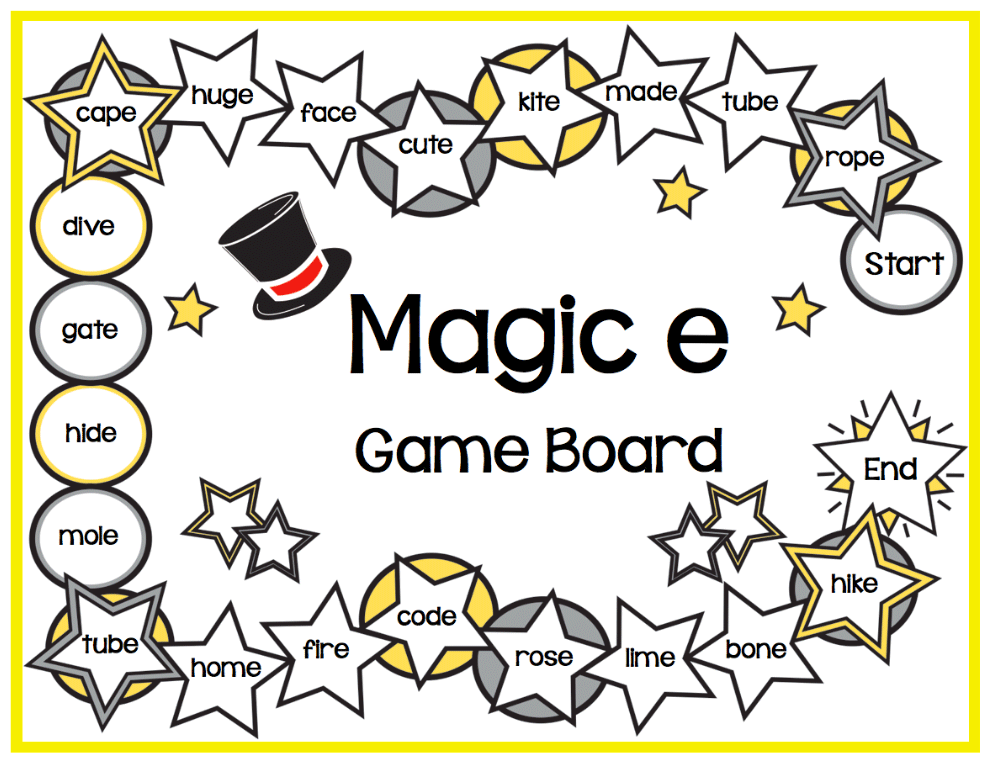 The box contains more than a hundred letter chips, 9 interchangeable fields, a convenient transparent screen and an auxiliary booklet - just open the necessary page and you can immediately give a call to the start of a magical lesson! Of course, this is only the beginning - you can come up with tasks yourself and conduct your own, even more interesting lessons!
The box contains more than a hundred letter chips, 9 interchangeable fields, a convenient transparent screen and an auxiliary booklet - just open the necessary page and you can immediately give a call to the start of a magical lesson! Of course, this is only the beginning - you can come up with tasks yourself and conduct your own, even more interesting lessons!
Scrabble for children
Board game Scrabble for children. This board game for kids is specially designed for curious gamers who are learning letters. A bright double-sided field and a set of plastic chips in a stylish pouch will allow novice writers to put down their first words.
On one side of the field there are drawings and words have already been composed, the player has to put plastic chips on top of the filled cells, like a lotto game. Placing the letters on the field, the child memorizes them and learns the alphabet. On the back of the field is a standard variant in which players will form words and earn victory points.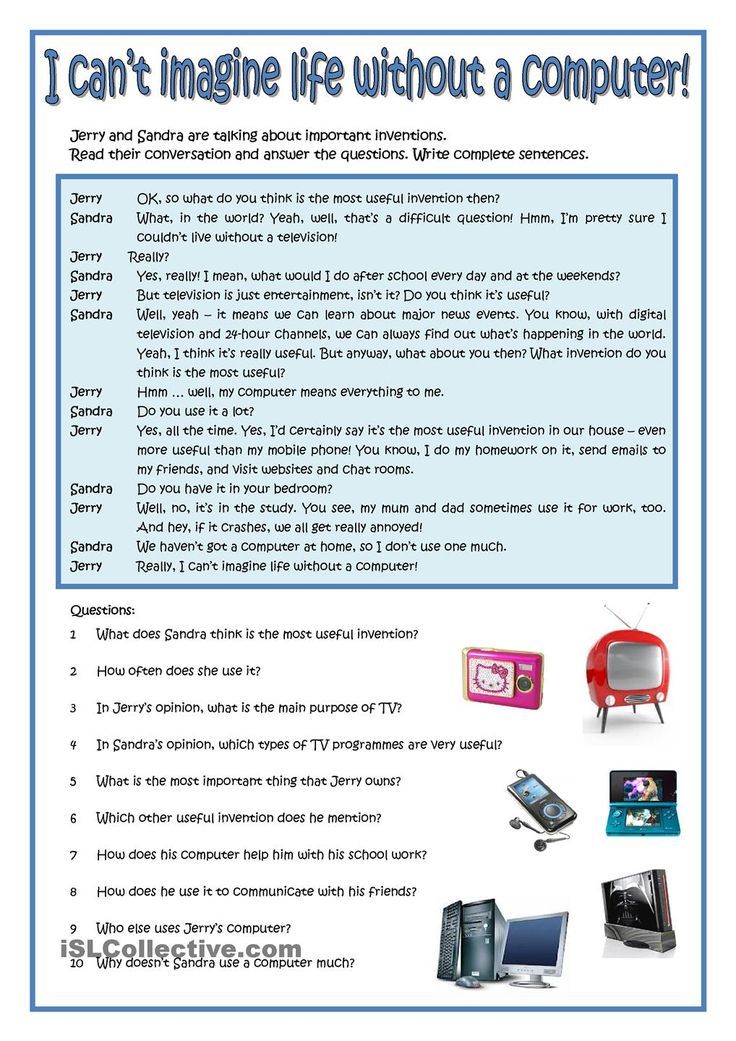 With the help of this educational children's game, the child will expand his horizons, get acquainted with letters, learn to read and spend time with benefit.
With the help of this educational children's game, the child will expand his horizons, get acquainted with letters, learn to read and spend time with benefit.
Knowledge Chest. ABC
Board game Knowledge Chest. ABC. How do you think knowledge is measured? The game expert suggests - chests, since one such square box contains a huge amount of useful information! At first, I can’t even believe it ... This board game for children will not only allow you to learn the letters of the alphabet and words, but also require the utmost care from the players. In just ten seconds, you need to look at the card and remember everything that is shown on it, because no one knows what question will be asked.
While you are reading this sentence, the facilitator will turn the hourglass over, show you a card with colorful pictures, words, letters and symbols, and... Time is up! Now you need to roll the die, choose the appropriate question number and either earn a card as a prize (in case of a correct answer), or the presenter will return the card back to the box (in case of a mistake).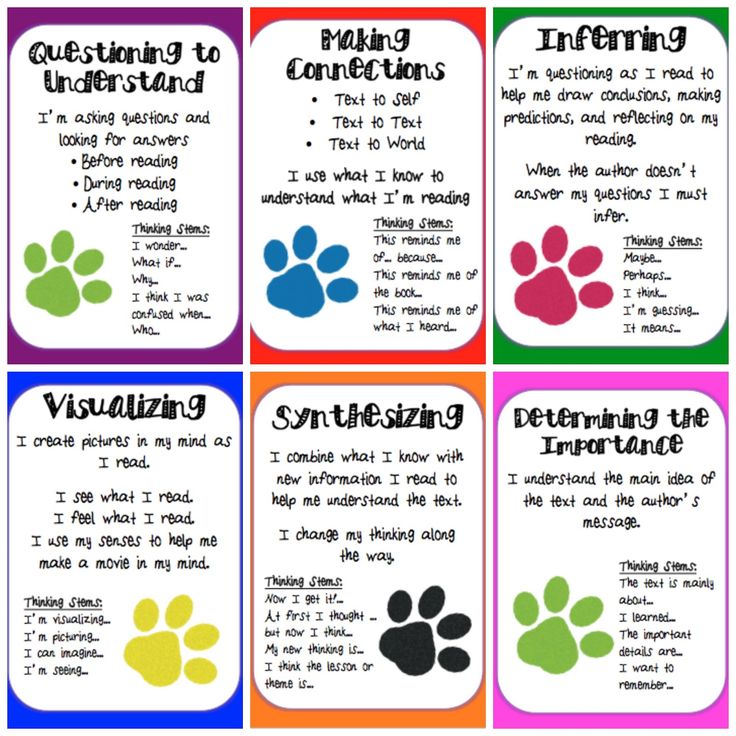 The development of memory, the expansion of horizons, the study of letters and words - a real chest of knowledge!
The development of memory, the expansion of horizons, the study of letters and words - a real chest of knowledge!
Board games with letters for the whole family.
Children are growing up… The alphabet is mastered, the first story is written about “How I spent the summer with my grandmother”. Young writers no longer need hints and are ready to compete with adults in any educational board game. We remove everything superfluous from the field, leave the classic grid, and the whole family sit down at the gaming table!
Erudite
Board game Erudite. This board game with letters has a bag of chips, original coasters and a playing field lined into squares. Will we need to solve a crossword puzzle or play "words"? Yes and no". Players need to make words out of available letters, intertwine words with each other, use letters previously placed on the field to create their own words. This game is familiar to your parents, it is played by millions of players around the world.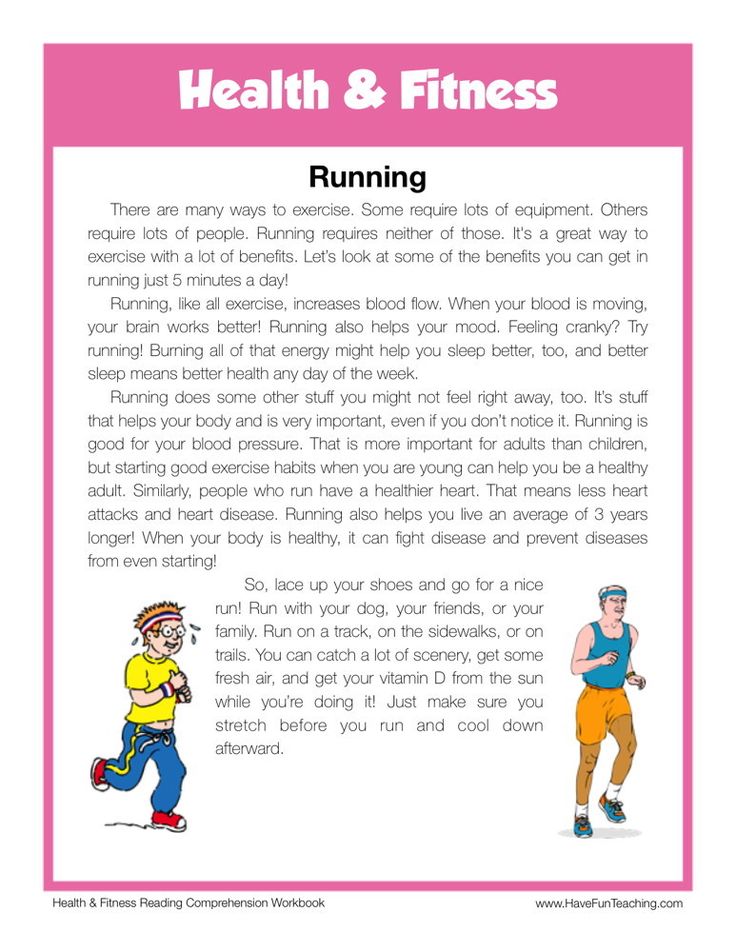 Even the "Iron Curtain" could not stop the spread of the game to all countries, regardless of language.
Even the "Iron Curtain" could not stop the spread of the game to all countries, regardless of language.
But composing a word is only half the battle. You need to get the maximum number of points for it. After all, each exposed letter has its own value, and there are special cells on the field that increase the final result of your move. Many combinations, a huge number of possibilities, exciting gameplay - the educational board game Scrabble will be interesting for both children and adults!
Scrabble
Board game Scrabble. A familiar bag with letters, a lined playing field, plastic coasters. A new name for a familiar board game with letters? It would be more correct to say: “It all started with her” ... Developed in 1931 in the United States, this educational board game has remained virtually unchanged and has come down to us exactly in the form in which it was invented by the unemployed architect Alfred Mosher Butts. Igroveda has an interesting article, which tells in detail the history of the appearance of the Scrabble game.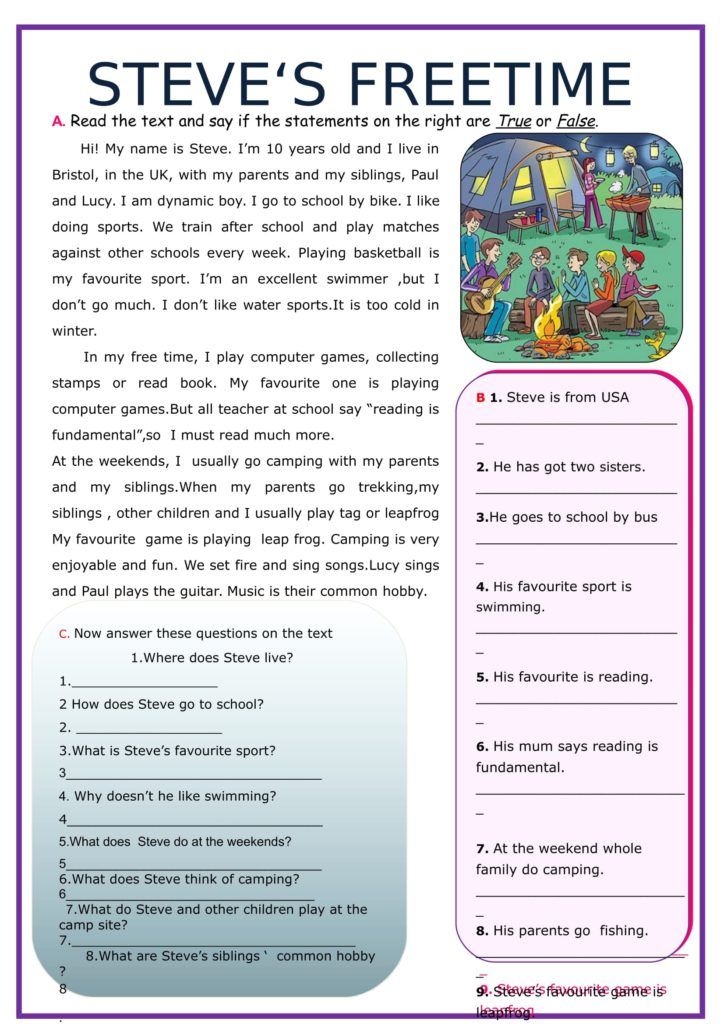
To win, opponents need to use their entire vocabulary and get intricate and rare words from the most distant corners of memory. Children will expand their vocabulary, and adults will be able to show off their knowledge and demonstrate to children the wisdom of the phrase: “Study hard at school, this knowledge will be useful to you in life.”
Scrabble Travel deluxe
Board game Scrabble Travel deluxe. When you and your family go on a long journey, the best companion will be an educational board game. Do not interrupt the educational process, use your free time for the benefit of you and your child! The road version of Scrabble is no different from the usual one, except that you can make words even during a strong pitching, standing on the deck and watching the waves!
Special fasteners securely hold the plastic letters on the playing field. Compact coasters have original lids - you can hide the set from prying children's eyes in your pocket.
Scrabble Unexpected turns
Board game Scrabble Unexpected turns.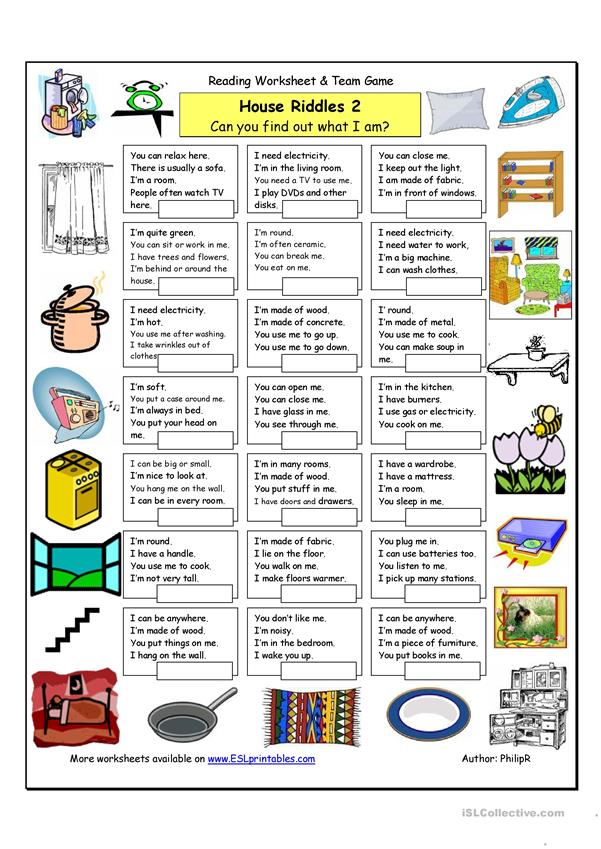 The playing field imposes certain restrictions on opponents - I want to make a word, but the edge of the field interferes. What will happen if all the obstacles are removed and the chips with letters are made round? An unexpected turn, or rather - "Unexpected turns"! This is a new version of the famous educational board game, which is not inferior to its progenitor in terms of intensity of passions.
The playing field imposes certain restrictions on opponents - I want to make a word, but the edge of the field interferes. What will happen if all the obstacles are removed and the chips with letters are made round? An unexpected turn, or rather - "Unexpected turns"! This is a new version of the famous educational board game, which is not inferior to its progenitor in terms of intensity of passions.
From now on, words can be formed ... in any direction, even diagonally. It is enough just to attach your disk to the previously laid out letter and collect a new word from the chips available in your personal stock. No restrictions, no restraining frames and sides - only your imagination, erudition and vocabulary! Since the letter discs are made of plastic, you can compete in spelling words on any smooth surface. By the way, they say that on the surface of the "Dead Sea" a person can lie down and sunbathe. I wonder if it is possible to play Scrabble Unexpected Twists on the water surface?
Whatever the name of the game: Scrabble or Scrabble - all of them will allow the child to learn the alphabet in a playful way, learn how to make words from letters and, of course, read!
Board games with words
Letters are known to form words, and words form sentences.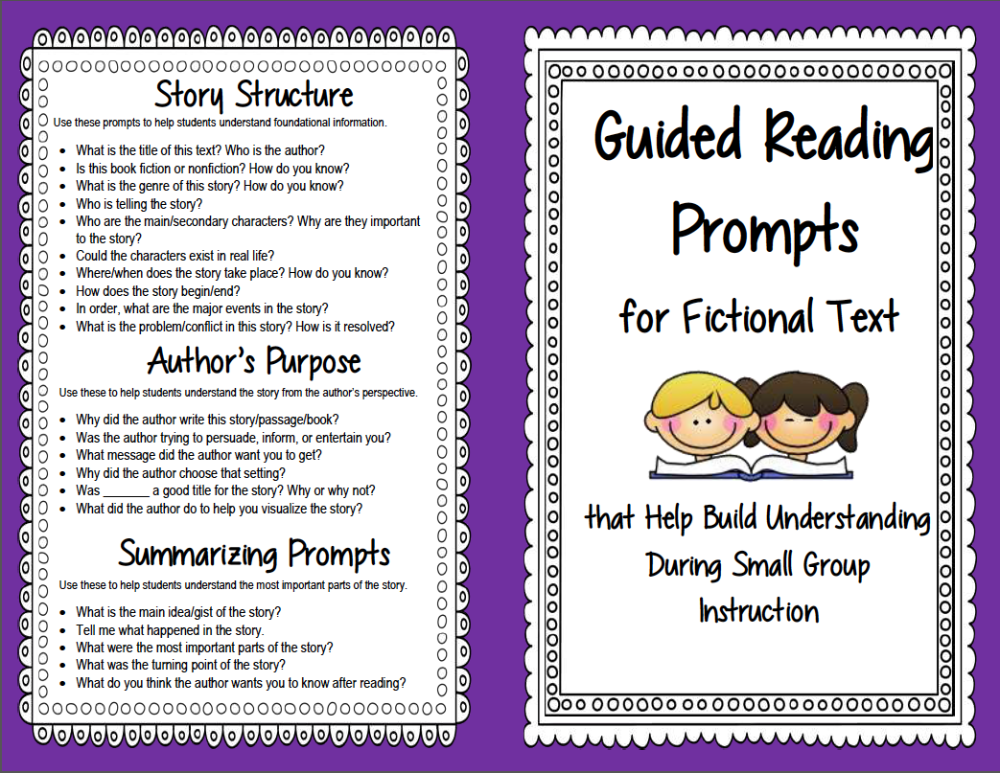 In the table games with letters discussed earlier, we made up a great many words from letters. It's time to complicate and diversify the task! There are children's board games for learning to read, some of them will be told to you by Igroved.
In the table games with letters discussed earlier, we made up a great many words from letters. It's time to complicate and diversify the task! There are children's board games for learning to read, some of them will be told to you by Igroved.
Soft sign
Board game Soft sign. Since we already know how to read, the set of educational children's games includes cards with various signs (words) and a convenient bag for storing them. Players need to read the word and ... find something in the room that matches the description as quickly as possible. It can be mother's favorite vase (white), or a glass standing on the windowsill (transparent). Found? Bring it to the table immediately, because the faster the task is completed, the higher your chances of winning!
Take the game outside and complete tasks in the park, on the beach or in the country. This amazing and fun game promotes the development of horizons, the child will read the words and connect the definitions with real objects.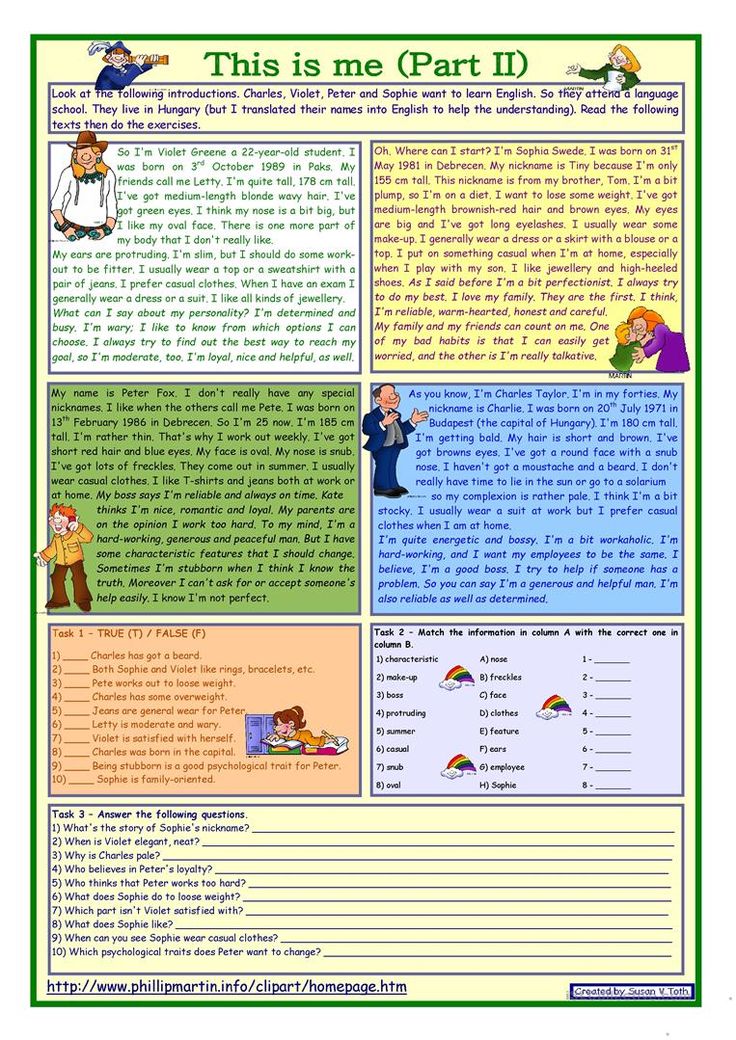 Several games, and the young researcher will not only learn and memorize new words, but will also know that milk is white and the cactus is prickly! It's so interesting to explore and study the world around you, especially during the game!
Several games, and the young researcher will not only learn and memorize new words, but will also know that milk is white and the cactus is prickly! It's so interesting to explore and study the world around you, especially during the game!
Antoshka
Antoshka board game. Day and night, cold and warm - this board game is full of cards with opposite concepts. With them, you can train your memory according to the Memo rules or arrange a speed contest. And in the game the concept of antonyms will be learned by itself.
The bonus is the "need" to read the word-two-third (relevant for beginners to add syllables) and vocabulary enrichment. Funny illustrations will make the process even more fun, and the compact size will allow you to take Antoshka with you on a trip.
Alias
Board game Alias. Words give characteristics to objects and describe the events taking place around us. But what to do if this word is… impossible to pronounce?! Suppose you find yourself in a magical land where the local ruler forbade the word "palm tree" from being spoken.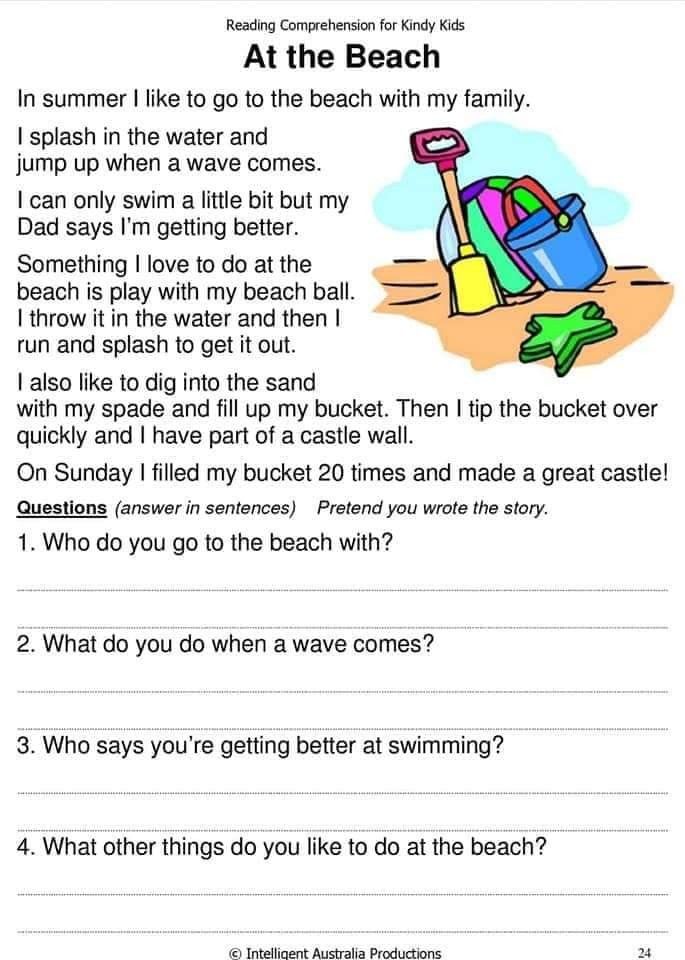 How to explain to a friend that it is necessary to meet under the shade of this tree at noon? At first glance, an impossible task, but for board game players, this is a mere trifle: “green, tall, leaves, hot, coconuts”! Solution found!
How to explain to a friend that it is necessary to meet under the shade of this tree at noon? At first glance, an impossible task, but for board game players, this is a mere trifle: “green, tall, leaves, hot, coconuts”! Solution found!
Alias is a team game, so victory depends on the well-coordinated actions of all team members. And this means that more experienced quiz participants can help beginners, and adults can help children. During the game, young players will learn to read (words are given on the cards), learn about the properties of certain objects, and expand their horizons. But most importantly, the whole family will receive a charge of positive emotions and have fun. For maximum effect, the game expert recommends inviting friends and neighbors to participate in the quiz.
Alias for kids
Board game Alias for kids. We got so carried away with educational board games that we forgot about the smallest players who are just starting their journey in the letter world.